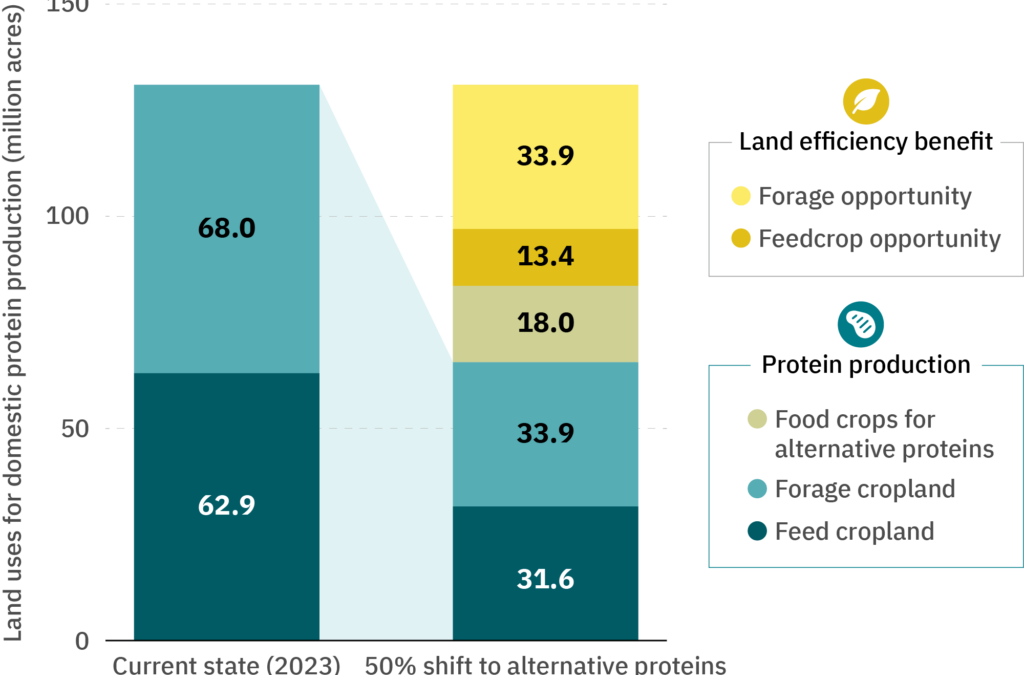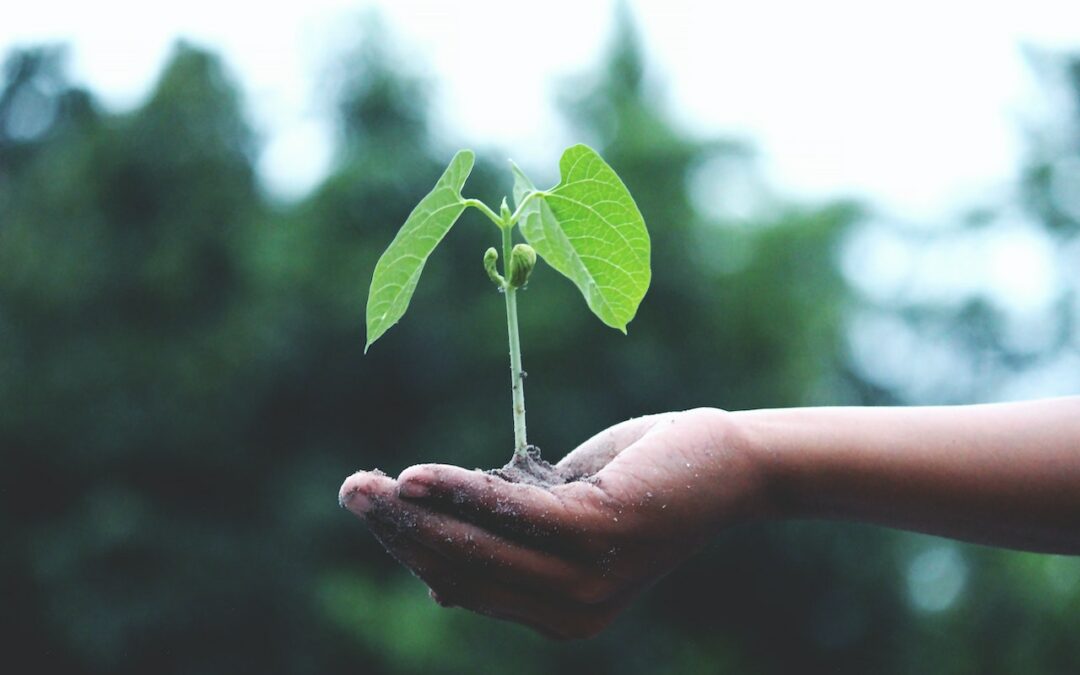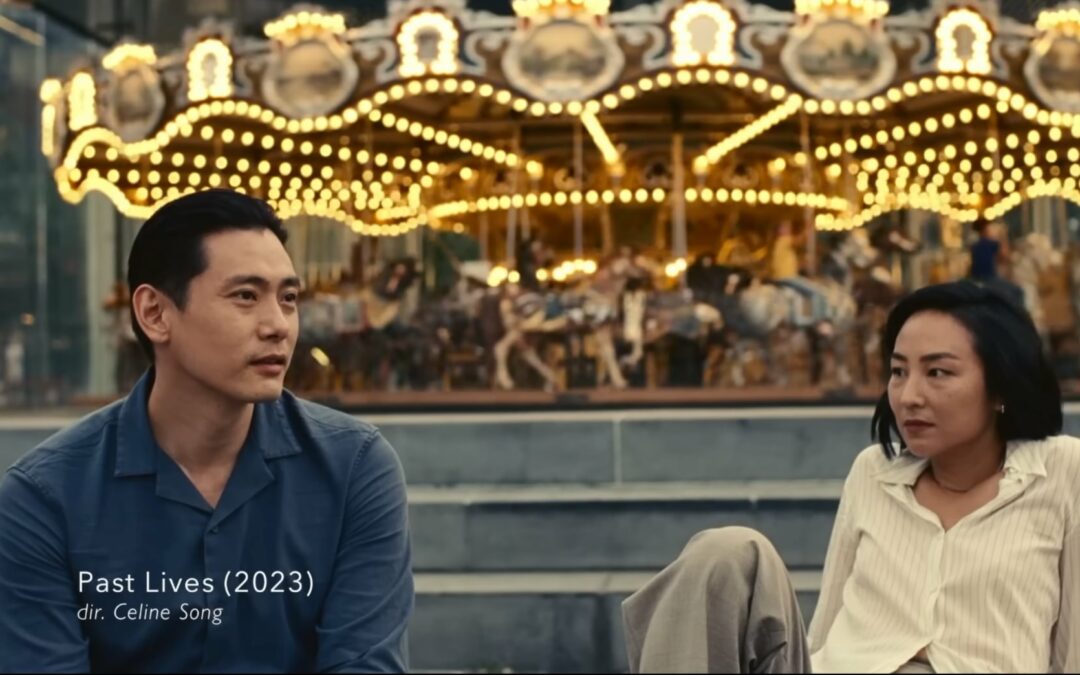


Measuring Progress in Adapting to a Changing Climate
Measuring Progress in Adapting to a Changing Climate
jschoshinski
Tue, 08/27/2024 – 20:36
To better address the impacts from climate change, OECD countries are increasingly making climate change adaptation a policy priority. Assessing progress in the implementation of national adaptation policies is a critical step in understanding how adaptation efforts contribute to strengthening climate resilience, and whether they are effective.
How has experience in adaptation policy design and implementation evolved? What are the remaining challenges for countries in measuring progress?
Join us at our next OECD Green Talks LIVE on 3 September 2024 from 14:00 to 15:00 CEST for a discussion with OECD and country experts on measuring progress in adapting to a changing climate. Building on a cross-country survey and country case studies carried out in Chile, Korea, the Slovak Republic and the United Kingdom, the talk will focus on a new OECD report, which provides insights into current practices in measuring climate adaptation. It proposes a framework that can guide countries on what needs to be measured and how, and discusses the role that adaptation indicators and a conducive institutional environment can play in strengthening adaptation measurement.
Event Date
Tuesday, September 3, 2024, 12:00
– 1:00 pm UTC
Advanced registration required
Off
External Link
Register Here
Event Format
Virtual
Image
af300012-e9c6-4da5-b17e-beb48b790a8f.jpeg
Event Type
Webinar/Presentation
Topic
Adaptation
Monitoring, Evaluation, and Learning
Resilience
Strategic Objective
Adaptation
Sectors
Adaptation
Country
Chile
Korea, South
Slovakia
Add to calendar
Add to Calendar
2024-09-03 12:00:00
2024-09-03 13:00:00
Measuring Progress in Adapting to a Changing Climate
To better address the impacts from climate change, OECD countries are increasingly making climate change adaptation a policy priority. Assessing progress in the implementation of national adaptation policies is a critical step in understanding how adaptation efforts contribute to strengthening climate resilience, and whether they are effective.
How has experience in adaptation policy design and implementation evolved? What are the remaining challenges for countries in measuring progress?
Join us at our next OECD Green Talks LIVE on 3 September 2024 from 14:00 to 15:00 CEST for a discussion with OECD and country experts on measuring progress in adapting to a changing climate. Building on a cross-country survey and country case studies carried out in Chile, Korea, the Slovak Republic and the United Kingdom, the talk will focus on a new OECD report, which provides insights into current practices in measuring climate adaptation. It proposes a framework that can guide countries on what needs to be measured and how, and discusses the role that adaptation indicators and a conducive institutional environment can play in strengthening adaptation measurement.
Global Climate Change
team@climatelinks.org
UTC
public

Waste and resource recovery industry celebrates success
In the time since the Waste and Resource Recovery Association of Australia’s ENVIRO Conference in Brisbane I’ve been reflecting on the positive impact our inaugural ENVIRO Award winners have had on our industry in achieving Australia’s goal of a transition to a circular economy.
And let us just take a moment to celebrate the good and give ourselves as an industry a pat on the back, because all too often we dwell on the negative in our space.
When WMRR decided to launch the awards, we deliberately set out to find some of the hidden gems or those who were previously unrecognised within the waste and resource recovery industry — and I’m proud I think we achieved just that with the help of our expert judges, John Gertsakis, Nicole Greenwood and Michelle Mandl.
As Michelle noted in her award presentation speech, the term circular economy was first coined in a research report completed for the European Commission by economist and architect Dr Walter Stahel in 1976. He sketched a vision of an economy in loops promoting product-life extension, long-life goods, reconditioning activities and waste prevention.
He went on to refine his so-called ‘closed loop’ approach, eventually publishing The Circular Economy: A User’s Guide in 1999 in collaboration with the Ellen Macarthur Foundation in what has become known as the definitive worldwide guide for the circular economy.
But before the term circular economy even existed, there was Reverse Garbage, a self-funded not-for-profit enterprise operation and creative reuse centre in Sydney’s Inner West.
Reverse Garbage was the winner of the ENVIRO Circular Transformation Award.
What sets this group apart from the rest is that it does not turn away anything for donation that is safe for reuse in some form. It saved 120,000 kilograms of material from landfill in 2022/23 — a remarkable effort from just one centre and one that is truly transformative.
In addition to assisting with troubled youth and adults, Reverse Garbage also kicked into gear during the pandemic when PPE was short — quickly making over 1000 face shields for use on the frontline.
The winner of the 2024 ENVIRO Circular Project Award was Wannon Water, through its Circular Economy Roadmap and Toolkit which was developed after the state-owned water and sewerage provider in South West Victoria identified the opportunity to take a system approach to work together across the value chain.
Through this work, Wannon Water built a network and provided the catalyst for regional collaboration and collective action leading to greater innovation, building the capability across a number of organisations, and the identification of projects that met circular economy principles.
What this demonstrated with great clarity is that circularity is not just a ‘nice to have’ for organisations looking to tick an ESL box, but one that can make a real difference to operating efficiency and business outcomes in a positive way. It shows the value of a circular economy is not just to the environment, but to business objectives as well.
And everyone’s favourite winner was Greg Welsh, who took out the Circular Pioneer Award. Greg is the sort of person who should be a legend within our industry given his enormous impact, but he’s too unassuming and modest for that.
Almost every one of this nation’s Gen Z children will have sat in one his 100% Australian-made recycled plastic chairs stemming from his time as CEO of Sebel.
As his nominator wrote: “Greg has pioneered many things in the furniture industry that we now take for granted — like product stewardship — and he used his market power to drive changes.”
One example is the use of recycled material in Laminex and melamine board which continues to this day — not just in Australia but around the world.
About a decade ago, Greg set up a majority Indigenous-owned and controlled business, Winya, supplying desks, lounges and other office furniture to customers such as the Defence Department, Australian Taxation Office and Lendlease utilising salvaged timber from an Arnhem Land mine site that would otherwise have been burnt.
And Greg is not finished yet. He’s now turning his attention to reusing soft wiring from office strip-outs to be tested, certified and resupplied giving the valuable cabling a new life away from the scrap heap.
Rightly so, he has been recognised with the prestigious United Nations Award for Leadership in Sustainable Development Goals.
While there is plenty to be disheartened about in our industry at the moment, these three winners provide a much-needed dose of optimism and hope for us all.
They didn’t wait for government action — in fact some pushed on in spite of it.
It shows you the enormous positive impact the WARR industry can have. I, for one, came away from the Awards energised and invigorated.
Let’s revel in their impact and the hope they provide surety in the knowledge that a circular economy will one day be within our grasp. Congratulations and thanks to the 2024 ENVIRO Awards winners and to all the other amazing and bright people across WARR working to protect our environment and make our world a more sustainable place.
Image credit: iStock.com/SolStock

A Brief Lesson Explains the Visual Impact of an Early Cinematic Favorite, the Sustained Two-Shot
For the first time in nearly a decade, the duo behind the wildly popular YouTube channel Every Frame a Painting is back with a new lesson in cinematography. Taylor Ramos and Tony Zhou began releasing short videos breaking down visual concepts and techniques in 2014, teaching their audiences what makes some of the most critically acclaimed and beloved films work.
The newest addition to their educational archive focuses on the sustained two-shot, which keeps two actors in the frame rather than cutting from one to the other during dialogue. More
Do stories and artists like this matter to you? Become a Colossal Member today and support independent arts publishing for as little as $5 per month. The article A Brief Lesson Explains the Visual Impact of an Early Cinematic Favorite, the Sustained Two-Shot appeared first on Colossal.

Renewables Generated 40% of Global Electricity for First Time Ever in 2023
According to two new reports from BloombergNEF (BNEF), the global clean energy transition has reached significant milestones and is poised to continue at its current pace. Last year for the first time more than 40 percent of the planet’s electricity was generated by zero-carbon sources — 14 percent from solar and wind. In 2023, nearly […]
The post Renewables Generated 40% of Global Electricity for First Time Ever in 2023 appeared first on EcoWatch.
